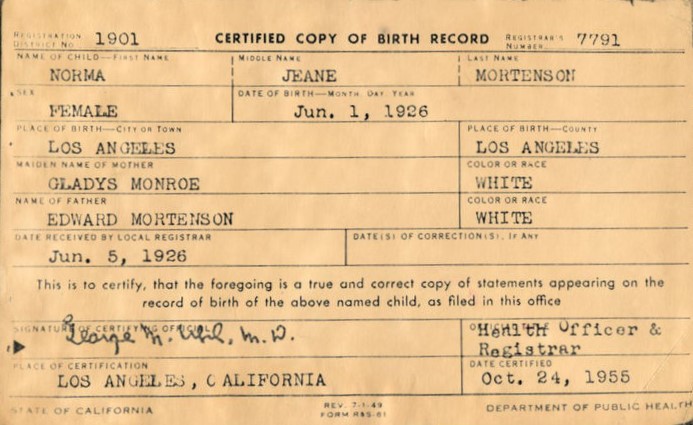
We all reach the point where we are fascinated by who came before…in our families, our areas, and our eras. Of course, we usually begin with our own families, because we know this will be easier than a more general historical search. We think it will produce results quickly, and we hope that we have many of the records within the attics of our grandparents or our cousins.Nothing could be farther from the truth! You may want to know why your great-grandparents travelled from Ohio to Iowa, or why their parents moved from Virginia to Tennessee before Ohio, but these are often the hardest questions to answer as you comb the Internet for documents. Your research slows, your energy collapses, and you never find the answers you were hoping for.The alternative is not to give up, but to engage a genealogy research service. You will be helped by people who have spent their adult lives (and sometimes longer!) studying history and family connections. You may choose a large company or an individual professional genealogist. You may choose someone who lives in your area, knows the background of your family, or who has majored and worked in your ‘specialty’ but who lives far away. All of these professionals are there for you and have access to document repositories that you may never have heard of. What tasks do genealogy researchers undertake?That depends entirely on what you want!
- Do you want to know more about the different states and countries your family lived in, who they married, and what they did as jobs? A family tree researcher will look into your family tree, trace your ancestors and connect them into the appropriate historical places. They will present you with a report that might include new relatives you never knew about, and historical context that would not have previously occurred to you.
- If you are interested in joining one of the many lineage societies in the United States or around the world, professional family tree researchers will be responsible for ensuring your tree links are documented so that the rolls of the Daughters or Sons of the American Revolution are open to you. They will also, if you like, fill out the applications on your behalf. Doing so often removes much of the doubt when you apply for memberships, as most involved with professional genealogy research are experienced at this effort, and often have professional relationships with the registrars of the various societies.
- On another note, you may wonder what happened to the children and grandchildren of Great Uncle Bob. Perhaps your parents lost track of them when they moved from the Midwest to Florida or California. Sometimes, looking in the telephone book will not get you the answers you seek, and in that case, calling a genealogist can give you a list of those descendants. The family history researcher will uncover the facts about the life moves and deaths of the elder of your relatives, and will present you with a list of those younger ones who are still living, often with contact details. Uncovering a whole new branch of your family to get to know can be a wonderful and fun experience.
- You may be thinking you are due a lost heritage financially, and in that case, your genealogist will trace and document your family lines, including primary source proof, to ensure that you are first in line for the inheritance. Conversely, you may be the Executor of the estate of a relative of yours, and that person might have left items or money to unrelated people you have never heard of. Tracking down people for estate division is another job undertaken by genealogists.
- At some point, you may want to undergo the ‘spit test’, which is to say, the DNA test to see who you might be related to. In these cases, your genealogical researcher will connect you with new cousins, interesting family branches, and amazing discoveries you might never have imagined. DNA analysis for genealogical purposes is a specialized and growing field, combining genetic study and family history. It is also critically important when adoptees seek their biological relatives.
- Did you study French in high school, but wonder what your great-grandfather’s box of German documents are trying to tell you? A family history researcher will translate them for you, and place them in their historical and geographical context.
- Finally, did you ever wonder if you come from royal blood? Genealogy researchers will help you with this, seeking to match your ancestors to the trees of royal families across the world, including the Plantagenets, the Windsors, the Bourbons, and the Hohenzollerns. Discovering that your 12th great grandmother was part of the royal Spanish family can open to you a whole new world of learning and travel!
At the end of the day, your genealogist will tell you much more about your family than you ever imagined, and will reveal to you the secrets of the ‘spaces in between’, where history crosses the paths of your people.Click here to receive help from an expert with your genealogy research.




